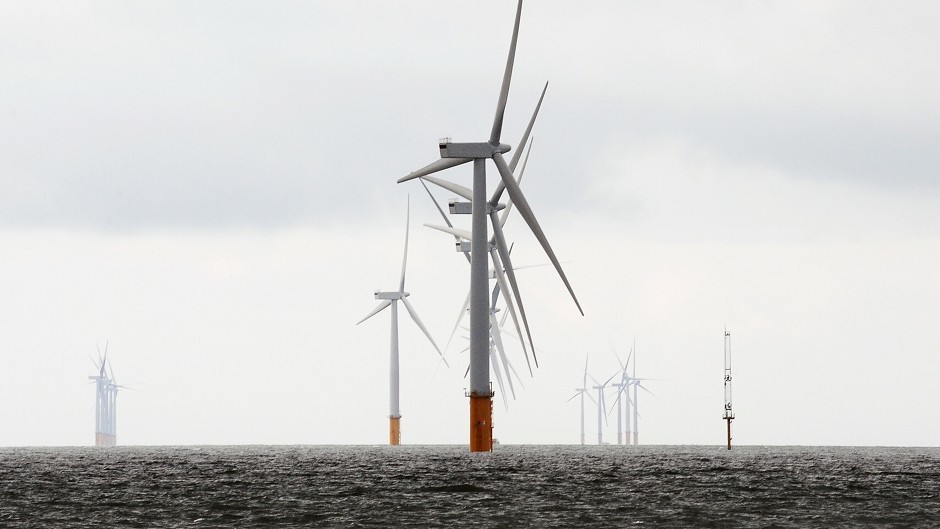The cost of getting permission to go ahead with offshore wind farm projects has skyrocketed for developers in recent years, while the amount of time taken to process applications has doubled, two studies published today have revealed.
Average planning consent costs went up 15%, from £15,400 to £17,600 per megawatt, between the first leasing round which started in 2000, and the second round which got under way three years later, according to “Managing Regulatory and Consenting Costs for Offshore Wind,” a study produced for green energy industry body RenewableUK.
Developing a wind farm is already a pricey undertaking, even without these added costs being factored in. An earlier report published on behalf of the Crown Estate property portfolio, titled “A Guide to an Offshore Wind Farm,” said that developing a 500 megawatt wind farm costs about £60million.
Red tape is also holding back developers. The first study said an environmental statement for a round one wind farm came in at 300 pages, while a recently submitted document broke the 12,000 page-barrier.
Developers also had to wait on average 73 months for planning decisions to be reached in the second leasing round, instead of 36 months in the first, according to a second study commissioned by RenewableUK, called “Consenting Preparedness of Offshore Wind Stakeholders: Survey and Recommendations.”
The findings, which have been released against the backdrop of the UK government’s drive to increase renewable energy consumption from 3% to 15% by 2020, have prompted industry experts to call for the demands placed on developers to be relaxed.
Nick Medic, RenewableUK’s director of offshore renewables, said: “Offshore wind is a great British success story, already accounting for thousands of UK jobs. However, for it to fully develop as a sector, we understand that costs need to come down. The industry is working hard on this, but we need the government to do their part and make certain that the planning system functions in an efficient and timely manner, ensuring that the important needs of guaranteeing environmental protection are coupled with an efficient process which keeps costs down for the consumer.
“It is reasonable to expect that with the accumulation of experience, having built 1,183 turbines in UK waters, we should start seeing a consenting process with less red tape, resulting in savings of time and money,” he said.
